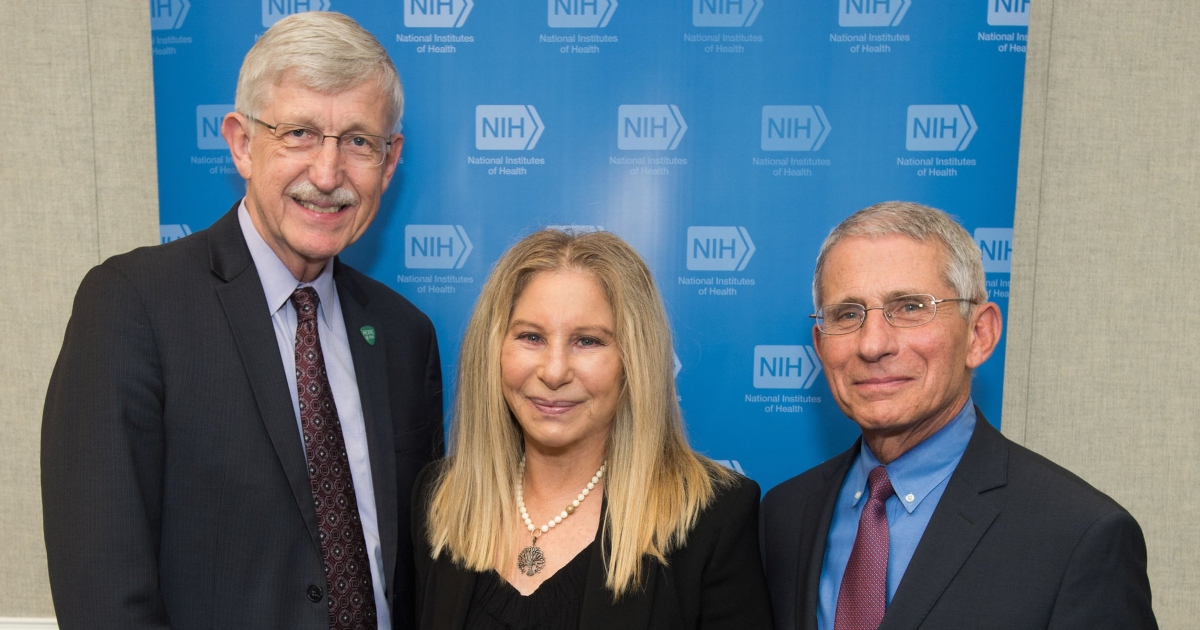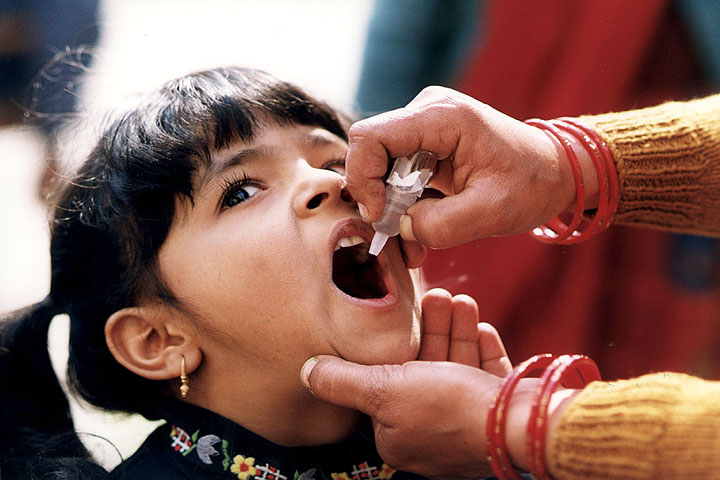3 Reasons why Americans suffer from sleep disorders
03/22/2023 / By Olivia Cook

A study by the American College of Cardiology has found that up to eight percent of deaths from any cause could be attributed to poor sleep patterns. Those with healthier sleep habits, meanwhile, are less likely to die prematurely.
Sadly, many Americans have poor sleep patterns. In fact, a recent survey conducted by Statista Consumer Insights showed that 39 percent of Americans suffer from a sleep disorder, such as problems falling asleep or staying asleep, insomnia and others. The respondents were asked if they experienced those problems in the 12 months prior to the survey.
Here are three of the main reasons why Americans suffer from sleep disorders.
Electronic devices
Laptops, personal computers, smartphones, tablets and televisions have become essential parts of people’s lives due to their easy accessibility and the benefits they offer in facilitating activities of daily lives. However, these electronic devices can keep your mind stimulated, leaving you wired when you want to go to bed.
The “blue light” emitted by these devices also interferes with your circadian rhythm by restraining the production of melatonin, the hormone that controls your sleep-wake cycle, and this makes it even more difficult to fall asleep and wake up the next day. Your body’s circadian clock responds to the light/dark cycle – light is a signal to be awake and dark is a signal to fall asleep.
This is backed by a study published in JMIR Medical Education, which indicated that electronic devices cause an alteration in your sleep structure, including delayed sleep onset latency and circadian process, decreased rapid eye movement sleep and sleep duration, which is affected by the brightness of the screen display in computers and video games when used just before bedtime.

According to the American Academy of Sleep Medicine, adults need a minimum of seven hours of sleep per night. It noted that even an hour less of sleep per night can lead to long-term health issues, such as diabetes and heart disease. Sleep deprivation can also sap your energy, ruin your productivity and put you in a foul mood. (Related: Natural sleep aids: Enjoy a good night of sleep.)
Electromagnetic fields
Electromagnetic fields (EMFs) can act as a chronic stressor stimulus and affect sleep quality. A study published in the journal Environmental Health showed that the EMFs emitted by technologies affect homeostatic systems (endocrine, immune and nervous systems) and consequently your overall health.
EMFs from all electrically powered devices emit electromagnetic radiation.
All India Institute of Medical Sciences (AIIMS) Neurology Department Head Dr. Manjari Tripathi said radiation from these wireless gadgets causes a thermal effect, increasing the temperature of your tissues and organs.
Tripathi explained that talking on the phone attached to your ear for an hour gives you the same heat as the microwave gives in one minute. Constant exposure to mobile radiation may cause serious biological disorders and diseases over a long time.
Excessive use of mobile phones can result to hand pain, headaches, irritability, memory disturbances, neck pain, loss of vision and sleep disturbances.
AIIMS research has confirmed that electromagnetic radiation is the main reason behind most modern-day lifestyle diseases like fatigue, loss of concentration, short-term memory loss, sleep deprivation, stress and most importantly, compromised immunity.
Caffeine
Once caffeine is consumed, it is very quickly absorbed and distributed throughout your body, including your brain where that caffeine elicits its most classic effect – helping keep you alert and awake by blocking sleep-promoting receptors in your brain called adenosine.
Adenosine plays many roles, including helping to regulate your sleep-wake cycle, but is not the only molecule that can bind to sleep-promoting receptors in your brain.
To measure how long a substance like caffeine lasts in your body, scientists use a term called “half-life” – the time it takes for the starting amount of the substance to be reduced by half.
According to the Food and Drug Administration, the half-life of caffeine is between four and six hours – meaning up to six hours after drinking a caffeinated beverage, half of the caffeine you consumed is still present in your body.
However, there’s no one-size-fits-all rule as to how late is too late when it comes to consuming caffeine. The length of time your caffeinated beverage might hang around in your system varies depending on its caffeine content, how much caffeine is already in your system and how effective your body is at metabolizing caffeine. (Related: Coffee versus matcha: Which gives you better sleep? Yes, sleep.)
Visit Health.news for more stories like this.
Watch the following video to learn more about why you can’t sleep.
This video is from the Merializer channel on Brighteon.com.
More related stories:
Dreamless sleep actually contributes to illness, according to sleep expert.
Separating fact from fiction: Sleep expert debunks popular sleep myths.
Sources include:
Submit a correction >>
Tagged Under:
5g, adenosine, blue light, brain function, brain health, caffeine, circadian rhythm, electromagnetic radiation, electromagnetifc fields, electronic devices, future tech, Glitch, insomnia, mind body science, radiation, sleep, sleep disorders, sleep-wake cycle
This article may contain statements that reflect the opinion of the author





















